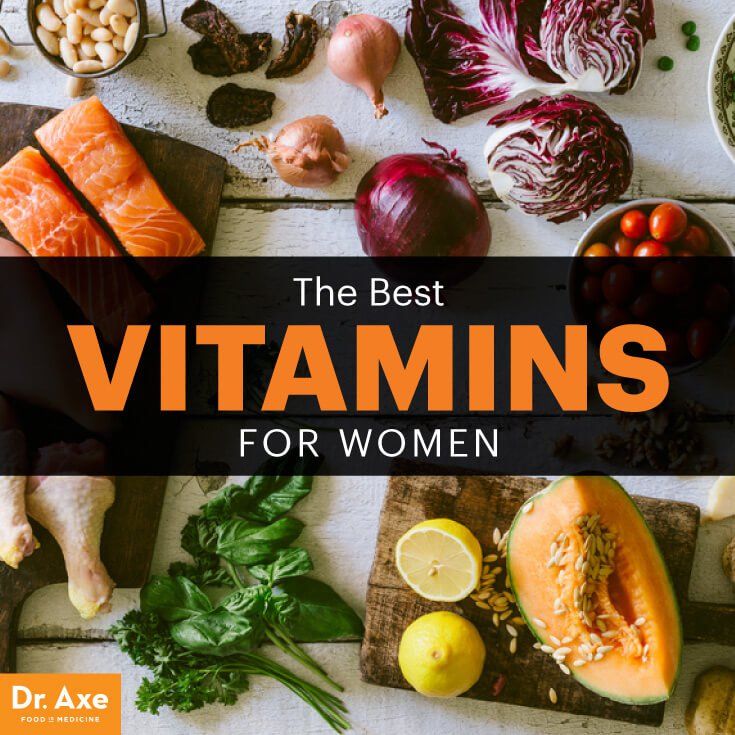Introduction
Vitamins play a crucial role in maintaining overall health, particularly for women, whose nutritional needs can vary significantly at different stages of life. From supporting bone health to boosting immune function, the right vitamins can make a substantial difference in a woman’s well-being.
Essential Vitamins for Women
Vitamin A
Vitamin A is vital for maintaining healthy vision, promoting immune function, and ensuring the skin remains vibrant and youthful. It’s found in foods like carrots, sweet potatoes, and spinach. The recommended daily intake for adult women is about 700 micrograms.
Vitamin B Complex
The B vitamins are a group of eight essential nutrients that work together to support energy production, brain function, and cell metabolism. These include B1 (thiamine), B2 (riboflavin), B3 (niacin), B5 (pantothenic acid), B6 (pyridoxine), B7 (biotin), B9 (folic acid), and B12 (cobalamin). Each B vitamin has specific roles:
- B1 (Thiamine): Supports energy production and nervous system health.
- B2 (Riboflavin): Helps with energy production and skin health.
- B3 (Niacin): Aids in digestion and nerve function.
- B5 (Pantothenic Acid): Essential for hormone production and immune function.
- B6 (Pyridoxine): Important for brain development and immune function.
- B7 (Biotin): Supports healthy hair, skin, and nails.
- B9 (Folic Acid): Crucial for DNA synthesis and pregnancy.
- B12 (Cobalamin): Vital for red blood cell production and neurological function.
These vitamins can be found in a variety of foods, including whole grains, meat, eggs, dairy products, legumes, seeds, and leafy greens. The daily requirements vary, but a balanced diet typically provides adequate amounts.
Vitamin C
Vitamin C is renowned for its immune-boosting properties, but it also plays a role in skin health and acts as a powerful antioxidant. Citrus fruits, strawberries, bell peppers, and broccoli are excellent sources. The recommended daily intake is 75 milligrams for adult women.
Vitamin D
Often referred to as the “sunshine vitamin,” vitamin D is essential for bone health, immune function, and mood regulation. It’s unique because our bodies can synthesize it through sunlight exposure. Dietary sources include fatty fish, fortified dairy products, and egg yolks. Women generally need about 600 to 800 IU per day, depending on age and other factors.
Vitamin E
Vitamin E is an antioxidant that helps protect cells from damage and supports skin health and immune function. Nuts, seeds, spinach, and broccoli are rich in this vitamin. The recommended daily intake for women is 15 milligrams.
Vitamin K
Vitamin K is critical for blood clotting and maintaining bone health. It’s found in green leafy vegetables like kale, spinach, and broccoli. The daily recommended intake for women is around 90 micrograms.
Specialized Vitamins for Different Life Stages
Adolescence
During adolescence, vitamins are crucial for growth and development. Key vitamins for teenage girls include:
- Vitamin D: For bone development.
- Vitamin A: For vision and immune function.
- B Vitamins: For energy and cell metabolism.
Pregnancy
During pregnancy, certain vitamins become even more important for the health of both the mother and the developing baby. Essential vitamins include:
- Folic Acid (Vitamin B9): Prevents neural tube defects.
- Vitamin D: Supports fetal bone development.
- Vitamin A: Aids in cell growth and differentiation.
- Vitamin B6: Helps with morning sickness.
Menopause
As women approach menopause, their nutritional needs shift to manage symptoms and maintain health. Key vitamins include:
- Vitamin D: For bone health and calcium absorption.
- Vitamin B6: To help with mood regulation.
- Vitamin E: May help reduce hot flashes.
FAQs
What vitamins are most important for women in their 20s?
In their 20s, women should focus on vitamins that support energy levels, reproductive health, and overall well-being. B vitamins, Vitamin C, and Vitamin D are particularly important.
Can vitamins help with PMS symptoms?
Yes, certain vitamins, such as B6 and magnesium, can help alleviate PMS symptoms by regulating mood and reducing bloating and cramps.
What is the best vitamin for boosting energy levels?
The B vitamins, especially B12 and B6, are excellent for boosting energy levels as they play key roles in energy production and metabolism.
How can women get enough vitamin D?
Women can get vitamin D through sunlight exposure, consuming fortified foods, and taking supplements if necessary. Foods rich in vitamin D include fatty fish, egg yolks, and fortified dairy products.
Are there specific vitamins for improving skin health?
Vitamins A, C, and E are particularly beneficial for skin health. They promote collagen production, protect against oxidative damage, and support overall skin repair and regeneration.
What vitamins should women take during pregnancy?
During pregnancy, women should ensure they get enough folic acid, vitamin D, iron, and calcium. Prenatal vitamins are specially formulated to meet these needs.
Can taking too many vitamins be harmful?
Yes, taking excessive amounts of certain vitamins can be harmful. For example, too much vitamin A can lead to toxicity. It’s important to stick to recommended daily allowances and consult with a healthcare provider.
How do vitamins affect mental health?
Vitamins such as B12, B6, and D play significant roles in brain function and mental health. They can help improve mood, reduce anxiety, and support cognitive function.
What are the best vitamins for bone health?
Vitamin D and K, along with calcium, are crucial for maintaining strong and healthy bones. They help with calcium absorption and bone formation.
How can I ensure I’m getting enough vitamins from my diet?
Eating a varied and balanced diet that includes plenty of fruits, vegetables, whole grains, lean proteins, and dairy can help ensure you get enough vitamins. If needed, supplements can fill in the gaps, but it’s best to consult a healthcare provider.
Conclusion
Vitamins are essential for maintaining health at every stage of a woman’s life. While a balanced diet is the best way to get these nutrients, supplements can be a helpful addition when dietary intake falls short. Always consult with a healthcare provider to determine the best approach for your specific needs.

